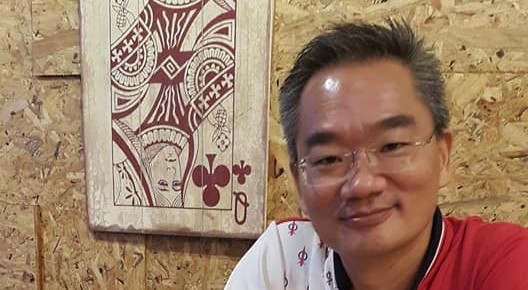KUALA LUMPUR, Nov 13 – Kota Melaka MP Khoo Poay Tiong called for a ceiling on drug price markups to 30 per cent, as he complained about 200 per cent markups in private hospitals.
“Yesterday, I did raise the issue, where it’s said that in private hospitals, they charge medicine prices by marking it up by 100 and 200 per cent,” said Khoo in his committee stage speech on the Health Ministry while debating the 2020 Budget, according to the Malay Mail.
“The answer given by the ministry is that they marked up the prices by 100 per cent and 200 per cent because they use original drugs. However, the information which I received is that even though it is original drugs that are supplied, they still mark up by 100 to 200 per cent higher than the market price.
“So in this matter, can the government limit that the mark-up to not more than 30 per cent? This is important. It’s not fair to patients or to the insurance companies to foot medicine prices which are higher by 100 and 200 per cent, compared to the market price,” he added.
A Health Ministry study has revealed, however, that generic drugs are actually subjected to higher mark-ups than innovative medicines.
According to the Medicine Prices Monitoring 2017 report, the median mark-up for originators’ and lowest-priced generics’ retail price in private hospitals was 51 per cent and 167 per cent respectively, whereas in pharmacies these figures were lower, at 22.4 per cent and 94.7 per cent for originator and generic drugs respectively.
This shows that the mark-up range can be exceedingly large; in some extreme cases, in private hospitals, these could even spike up to 117.4 per cent and 900 per cent for innovative and generic drugs respectively.
Finance Minister Lim Guan Eng said in October that the government is looking at the possibility of having a two-tier pricing system for private hospitals.
The Health Ministry is currently considering regulations to control medicine prices despite objections from the pharmaceutical industry and health care providers, targeting 400 innovative molecules.








